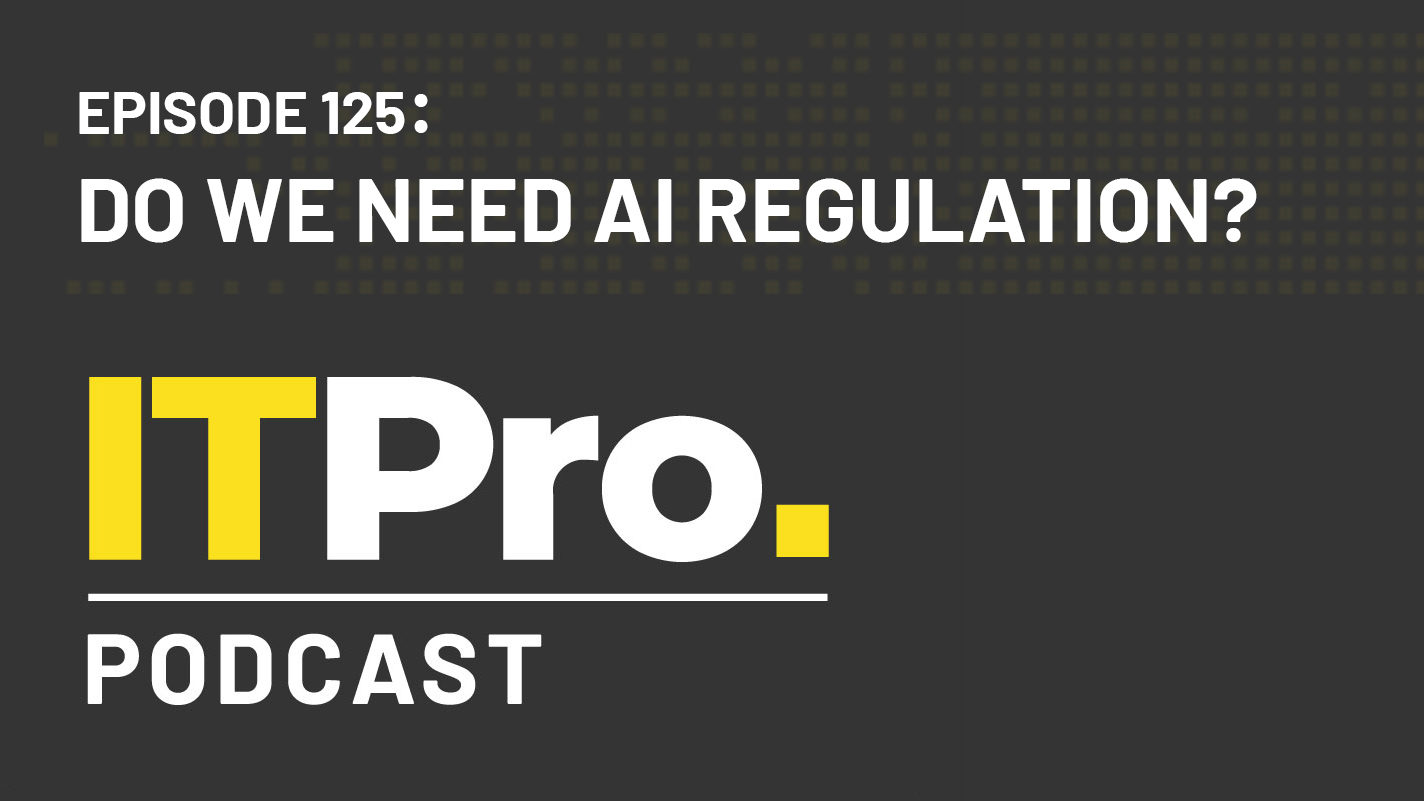
In the modern world, AI is everywhere, powering a variety of applications from enterprise business intelligence tools to sorting through photos of our pets. But as the technology becomes more and more widespread, concerns have been raised about the potential dangers that could be posed by unrestrained AI development.
Calls have been intensifying from campaigners seeking guardrails on how AI systems are developed, and the kind of use-cases they’re applied to, with opponents arguing that legislation governing AI development would only stifle innovation. Joining us this week to discuss the feasibility of AI regulation, the need for AI codes of practice and the responsibility of organisations to ensure ethical development is Cindi Howson, chief data strategy officer for analytics software vendor ThoughtSpot.
Highlights
"So one of the hot buttons in AI is really facial recognition. There are some issues, let's say, also with financial services and discrimination there. So if we think about some of the broad-based AI; facial recognition. Where we do not want it is we do not ever want to arrest somebody based on a match, a potential match, of a photo scanned from somebody walking down the street. That's invasive, it's a violation of privacy. And the degree of accuracy is not high enough, particularly with minority communities or people with darker skin tones."
"I mean, again, financial services. Let's take this: if you train your data, going too far back - and I lived in Switzerland for eight years married to a Brit. Because I was married, I was not allowed to have my own bank account. This is twenty five years ago. So if you trained your model on historical data going back 25 years, well, I'm going to look like a big credit risk, a bigger credit risk. So this is a problem. Now, a woman knows this rule deeply. If I only have male developers working on this, then I may not even think, Oh, wait, if I go too far back, that data is biased."
"So the first question, how do we stay on top of this, it has to be education. And education, not just for the data professionals, and the AI professionals, it is up to every citizen to understand the good of AI and the bad."
Read the full transcript here.
Footnotes
- Apple co-founder Wozniak echoes sexist Apple Card allegations
- How to spot – if not fix – algorithmic bias
- Industry "delighted" with UK's 'landmark' anti-bias AI standard
- What is an algorithm?
- Do we need an algorithm police?
- Facebook put "profit before public safety" with algorithm change
- The A-level results crisis has once again shown the limits of AI
- Twitter to make AI algorithm open source to scour for biases
- What is AI?
- Is artificial intelligence safe?
- Building an AI superpower: Does the UK stand a chance?
- IDC expects spending on AI to increase by a fifth in 2022
- How to monetise AI for better business outcomes
- Fujitsu to establish AI Ethics and Governance Office
- EU proposes strict regulations to curb AI misuse
- Most UK businesses say data regulations are stifling AI innovation
- UK gov urged to protect human right to review AI decisions
Subscribe
- Subscribe to The IT Pro Podcast on Apple Podcasts
- Subscribe to The IT Pro Podcast on Google Podcasts
- Subscribe to The IT Pro Podcast on Spotify
- Subscribe to the IT Pro newsletter
- Subscribe to IT Pro 20/20
Sign up today and you will receive a free copy of our Future Focus 2025 report - the leading guidance on AI, cybersecurity and other IT challenges as per 700+ senior executives
ITPro is a global business technology website providing the latest news, analysis, and business insight for IT decision-makers. Whether it's cyber security, cloud computing, IT infrastructure, or business strategy, we aim to equip leaders with the data they need to make informed IT investments.
For regular updates delivered to your inbox and social feeds, be sure to sign up to our daily newsletter and follow on us LinkedIn and Twitter.
-
 Building a secure payments strategy
Building a secure payments strategySponsored Podcast Facilitating a smooth payments experience for iGaming can go hand-in-hand with building a more secure platform
-
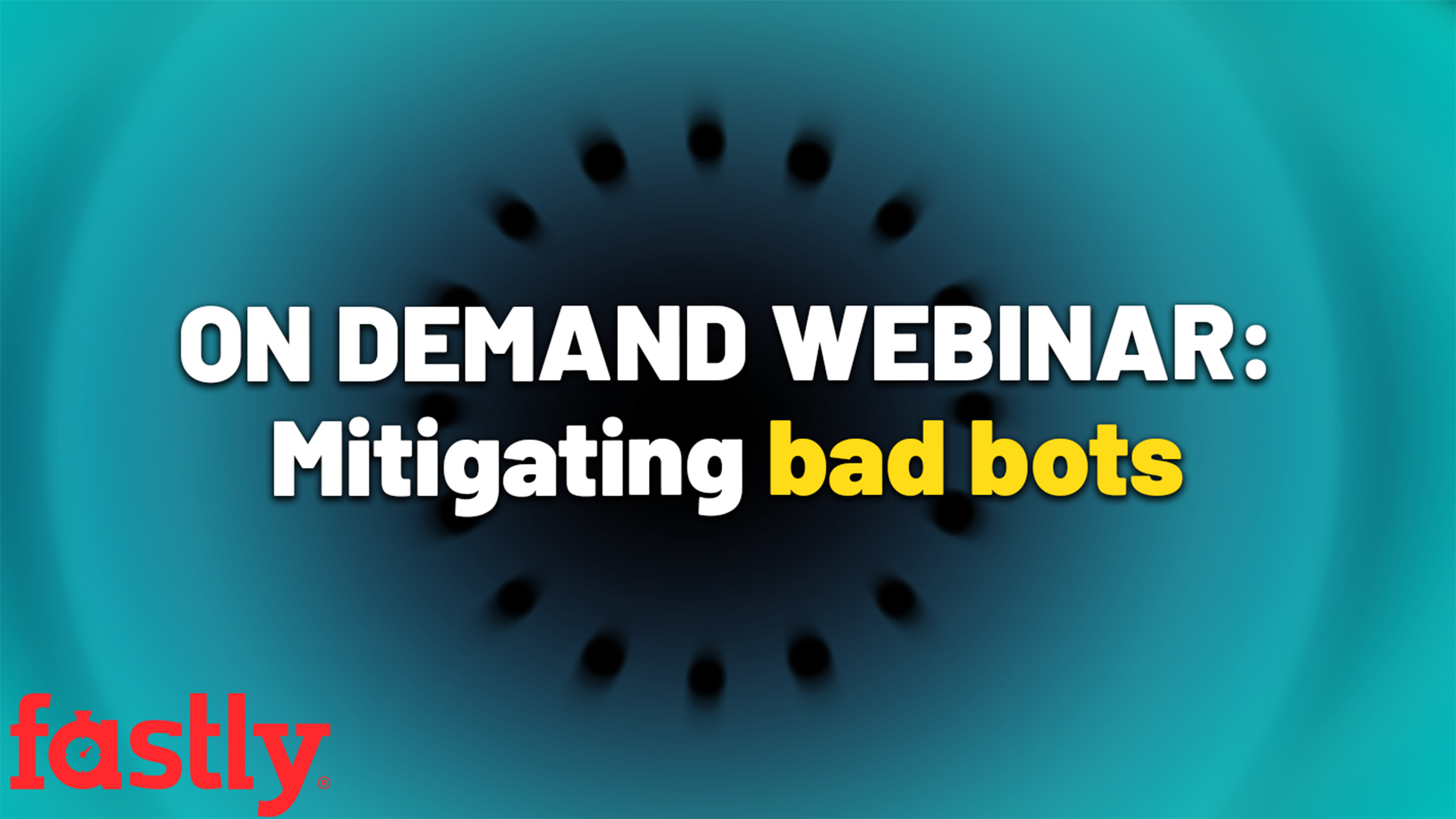 Mitigating bad bots
Mitigating bad botsSponsored Podcast Web crawlers pose an immediate business risk, necessitating immediate action from IT leaders
-
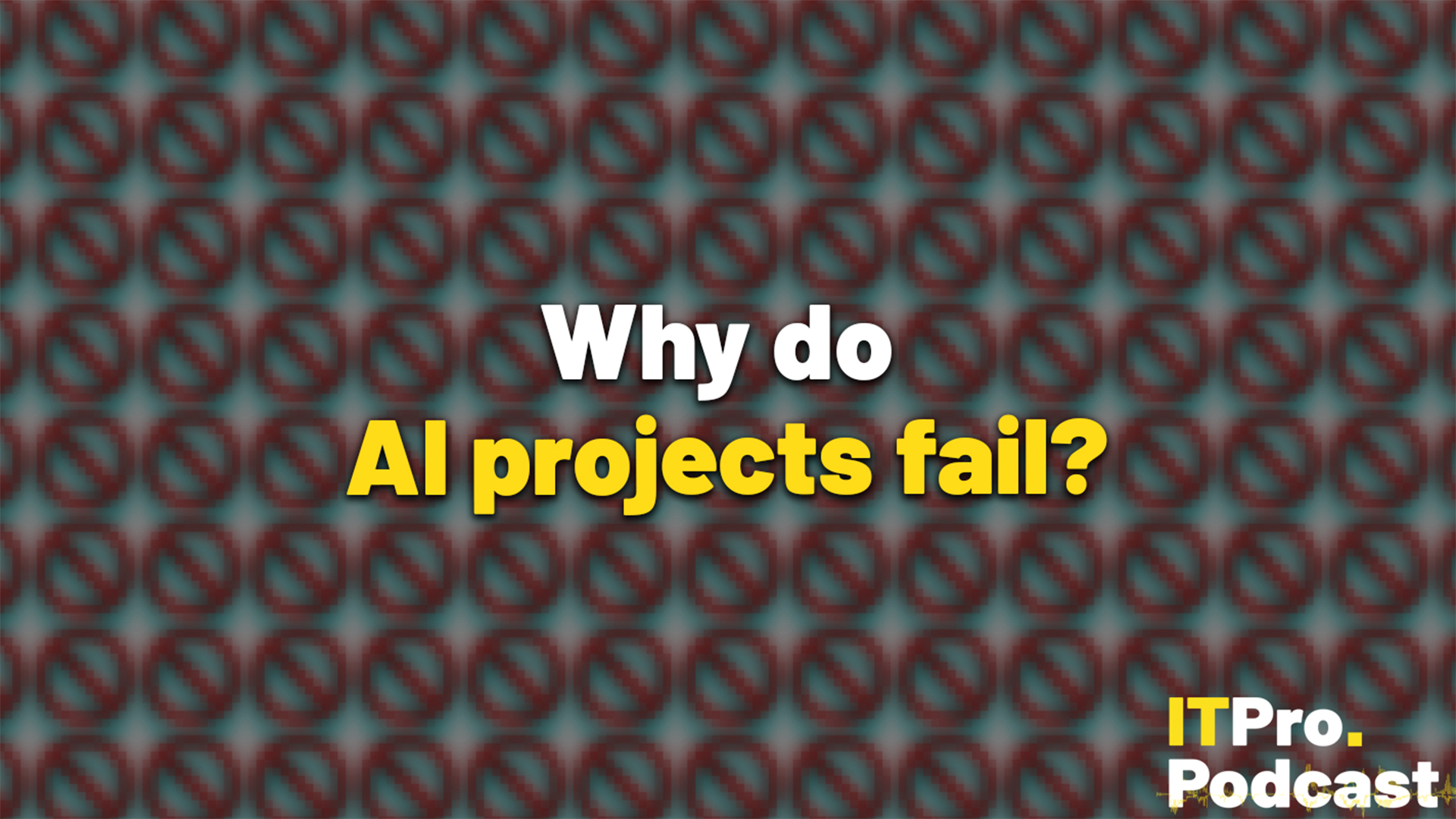 Why do AI projects fail?
Why do AI projects fail?ITPro Podcast Without a careful approach at the design phase, AI tools will fall apart in runtime
-
 Is vibe coding the future?
Is vibe coding the future?ITPro Podcast As developers use AI to speed up code generation, leaders must work to ensure the technology complements existing practices
-
 September rundown: The UK becomes an AI playground
September rundown: The UK becomes an AI playgroundITPro Podcast Big tech has announced tens of billions in infrastructure investments for the UK – how will it help?
-
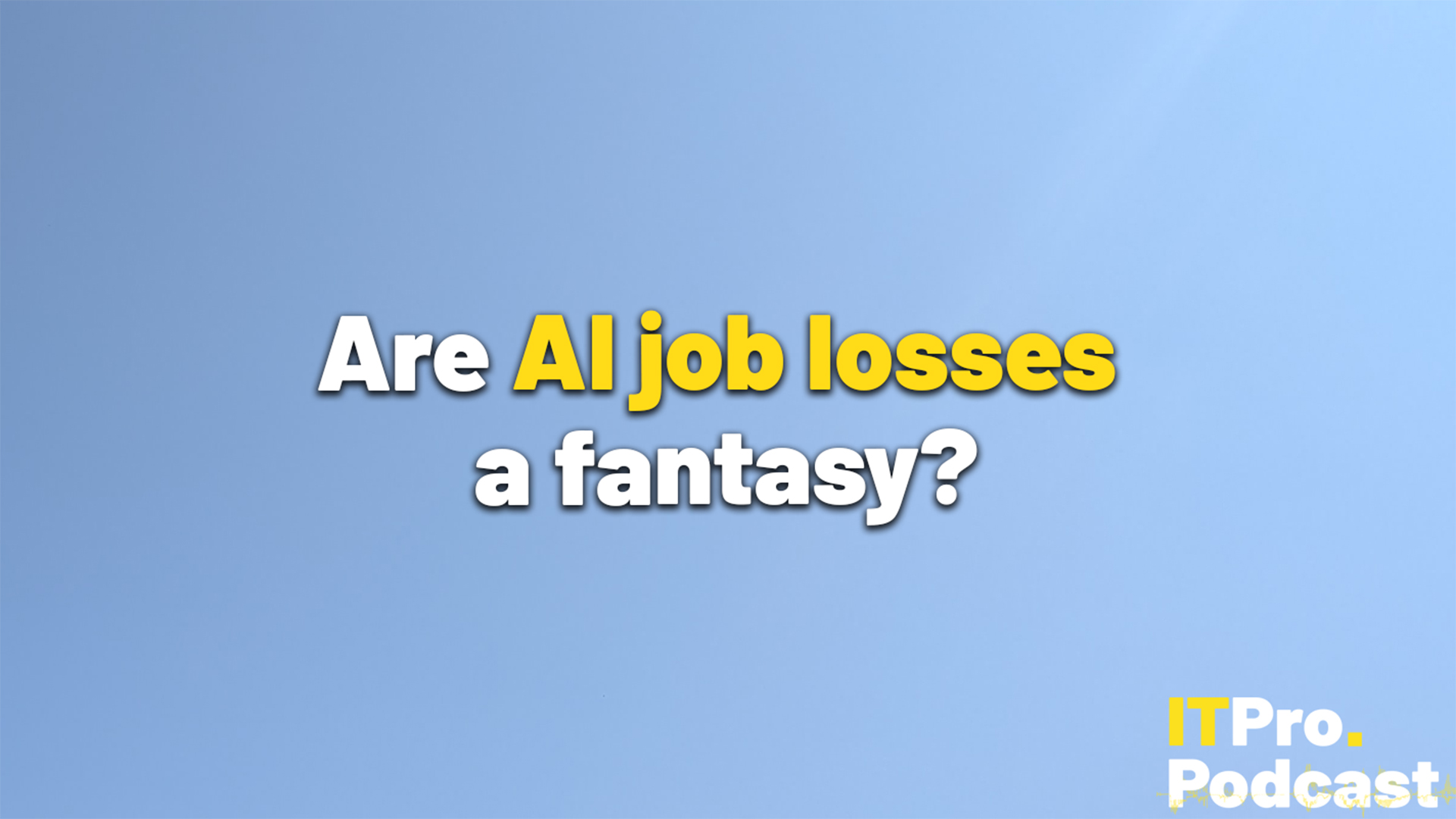 August rundown: Are AI job losses a fantasy?
August rundown: Are AI job losses a fantasy?ITPro Podcast AWS CEO Matt Garman's comments were made as big tech continues to lay off workers – but AI may not be the cause
-
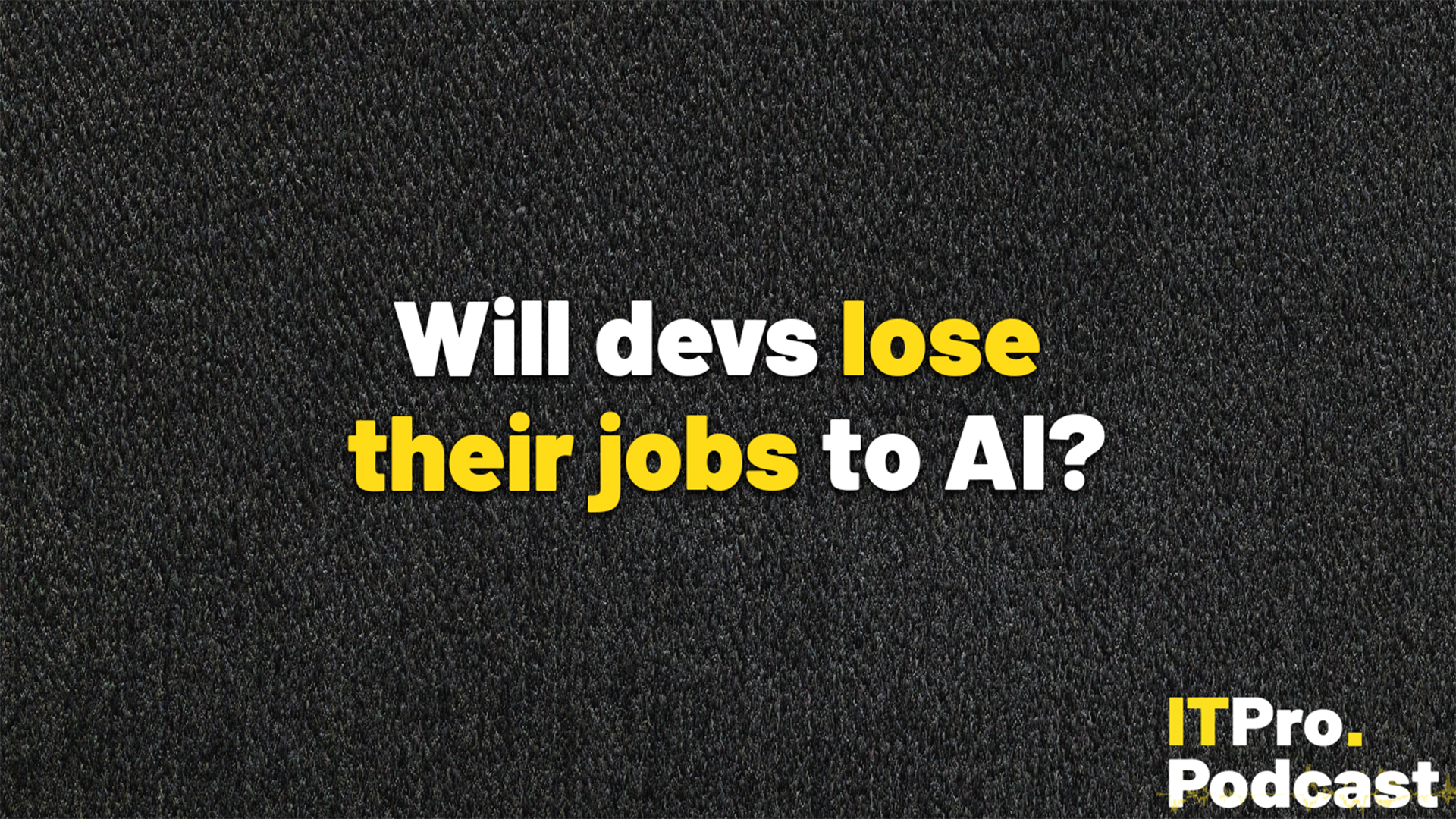 Will devs lose their jobs to AI?
Will devs lose their jobs to AI?ITPro Podcast Major errors in AI code generation throw doubt on the timeline to replacing human workers
-
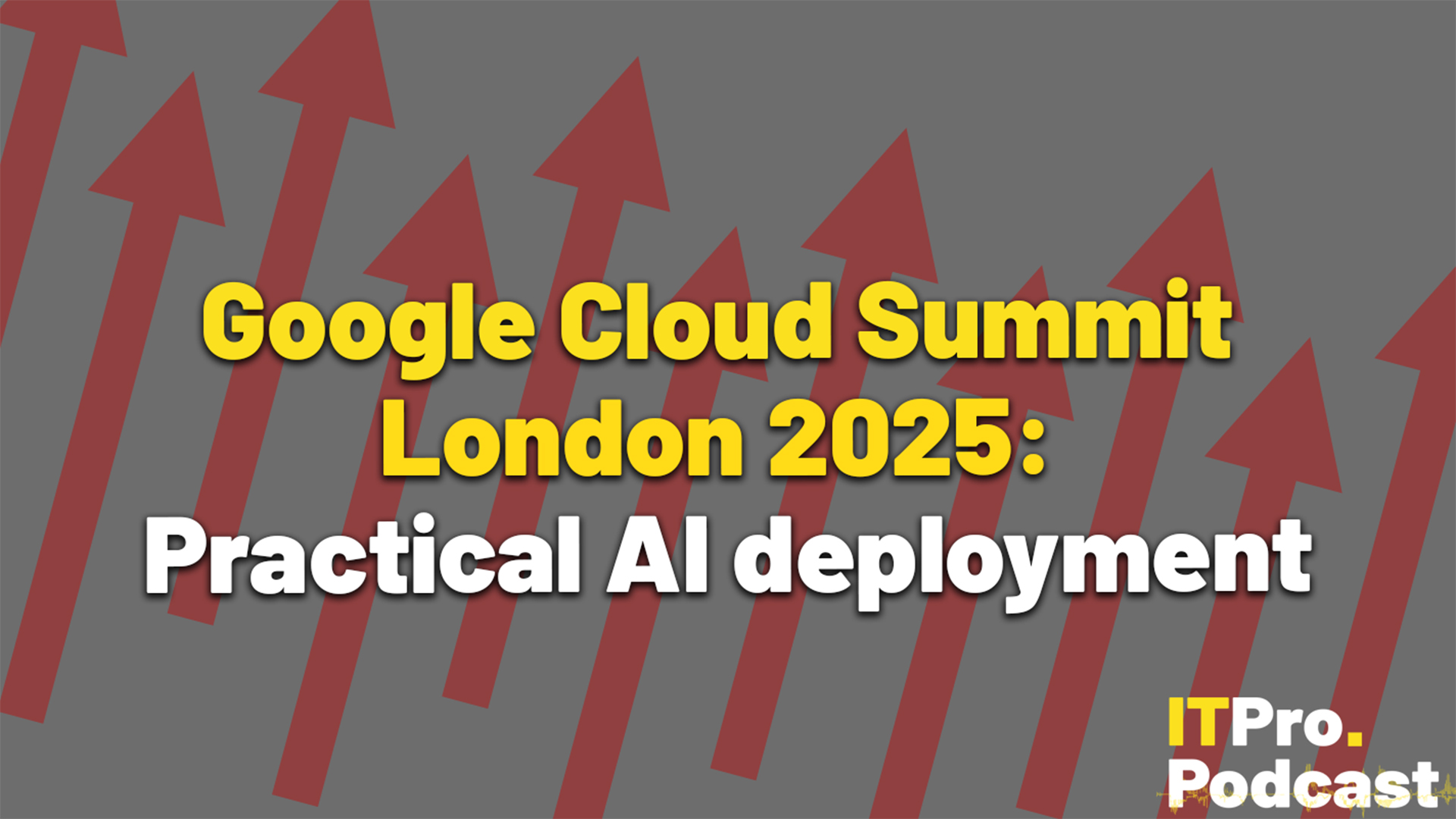 Google Cloud Summit London 2025: Practical AI deployment
Google Cloud Summit London 2025: Practical AI deploymentITPro Podcast As startups take hold of technologies such as AI agents, where is the sector headed?



